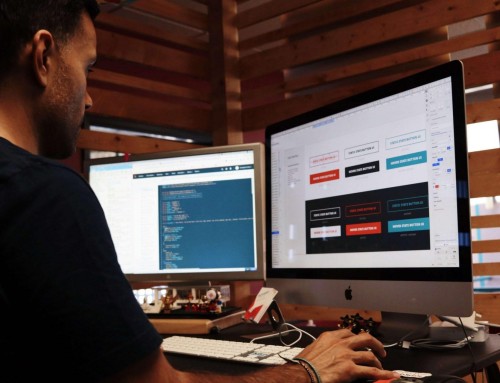How Artificial Intelligence and Predictive Analytics Are Helping Companies Predict the Future
In the past, organizations have had the power to predict many types of events that can affect how they operate. For example, they could both predict weather as well as forecast sales and revenues. But now AI is helping companies and other organizations predict a lot more than this through sophisticated new applications.
These new Al-driven applications can help organizations keep their equipment and systems running optimally, they can help predict the markets in which they operate and they can help them make good decisions. What’s more, in many instances, these applications can not only predict the future but also recommend actions based on these predictions.
Here are some practical examples of how organizations can harness AI to predict the future for their benefit:
Equipment Maintenance
For many organizations, it is critically important for them to keep equipment running as optimally as possible. AI-driven predictive systems are doing just this while reducing the cost of maintaining this equipment, by both monitoring systems and learning from them. This enables them to first anticipate problems and then to make suggestions to correct them.
These AI systems often work in conjunction with Internet of Things (IoT) devices, which have sensors that feed live data in the field to the systems. Such devices are being used both in assembly lines on manufacturing floors and in collections of wind turbines. In both cases, AI can predict equipment failures before they happen.
Health Diagnoses
Predictive AI systems are not only helping companies reduce costs and save both time and money, they are also helping save lives. They can predict the development of various health problems, which can help medical professionals prevent them while improving people’s lives.
A network of hospitals in New Jersey and Pennsylvania called Penn Medicine recently partnered with Intel to develop such a system. It has helped the company diagnose two of the most deadly and costly heath issues it faces: heart failure and sepsis. In terms of the latter, it can identify an incredible 85% of cases involving sepsis and do so more than a day prior to someone suffering from septic shock, which is far better than traditional methods.
Evaluating Credit Worthiness
Today, many financial services companies are utilizing AI-driven predictive systems to not only assess credit risk but to also to speed up this process. This can significantly reduce the number of accounts that fall into default and therefore significantly reduce loses relating to these accounts.
Researchers have found that these AI systems can reduce credit losses by as much as 10%. These same researchers have further indicated that these systems can reduce the amount of time required to make a credit decision anywhere from 25-50%, which can also positively affect these companies’ bottom lines.
Hardware Requirements for AI-Driven Predictive Software
Not just any type of computer can run these AI-driven systems, as they usually require fast processors and data storage as well as lots of memory and network capacity. Intel and Dell EMC together are offering ready-made computer systems that are capable of running these types of systems out of the box.





